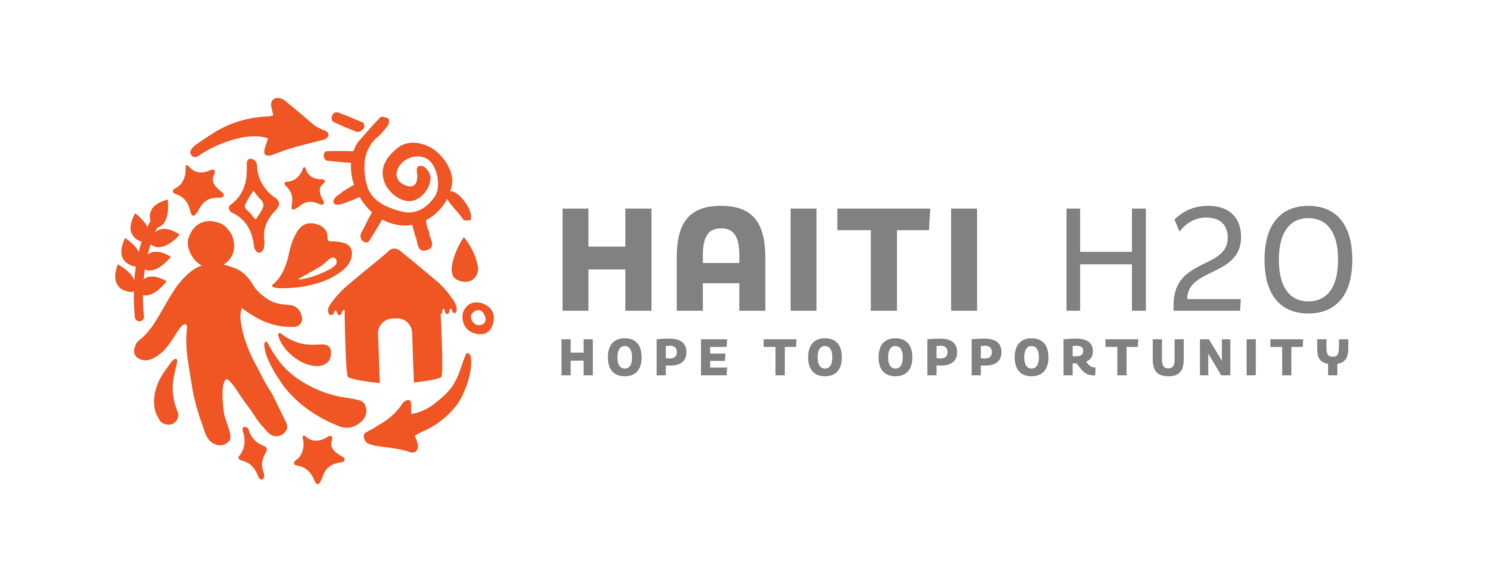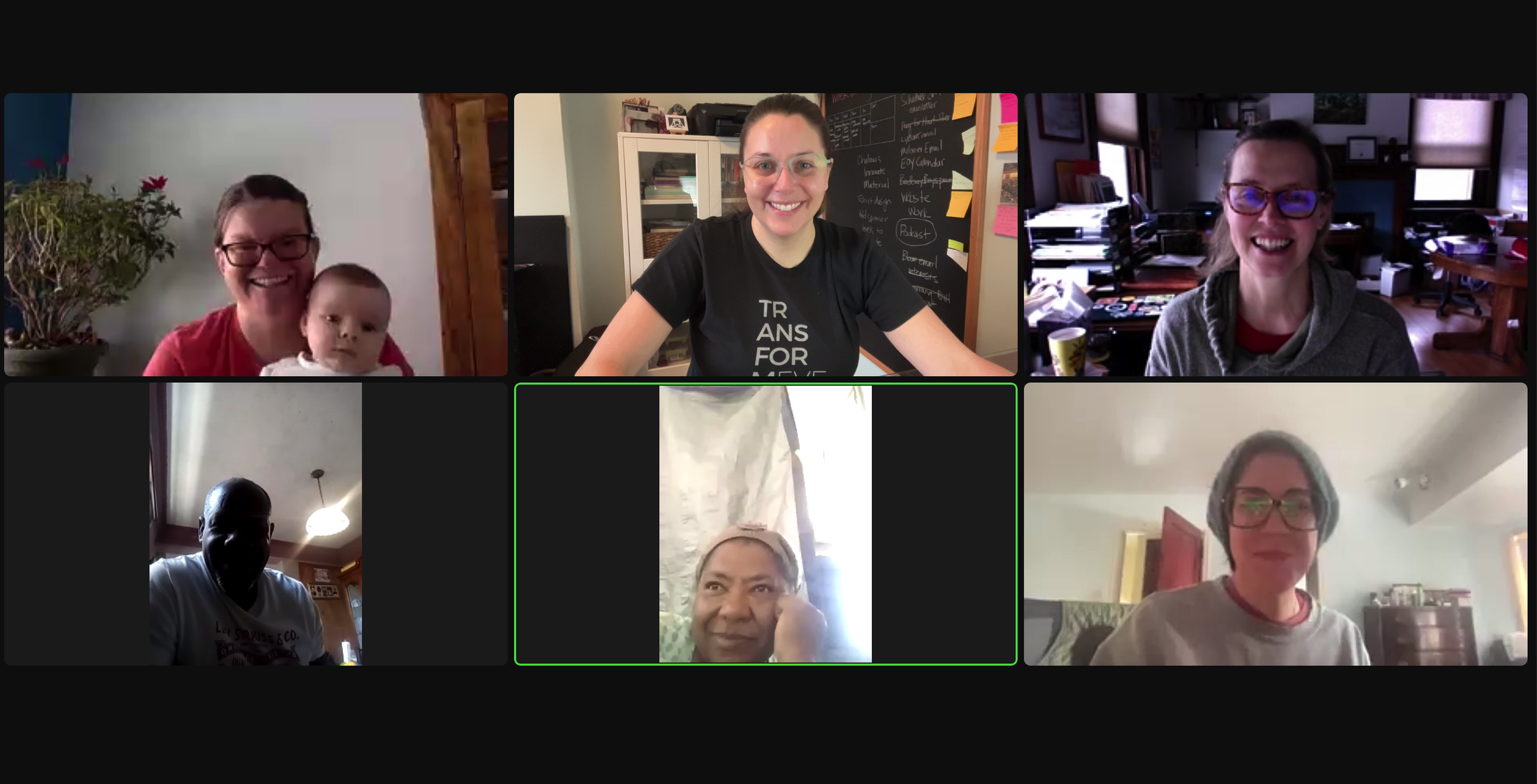Learning to Innovate
I’m excited to share with you an experience that our staff (Haitian and American) have been able to participate in over the past couple of months. We are more than halfway through a 9-week course called “Innovate” by the Chalmer’s Center, creators of the “Helping Without Hurting” mission concepts and training. “Helping without hurting” values local ideas, assets, and leadership, resulting in more sustainable solutions.
Haiti H2O has subscribed to this model of poverty alleviation for many years now. But having a model and implementing it successfully can be very different things. Not only do each of us have individual blindspots, but our staff, partners, and board are also navigating the challenges of language, cultural differences, long-distance communication, as well as the significant turmoil in Haiti for the past 3-4 years.
The Innovate training has helped us with one of those challenges by bringing us together over Zoom. Yes, the technology that most Americans despise after the pandemic has been a blessing to us through this training! I almost cried the first time our entire staff—Haitian and American—were on a Zoom call together. It has been difficult to feel connected over these past three years of not being able to meet in person. We often communicate over spotty phone connections, and when we try to add in video it just gets more difficult to understand each other.
The Innovate training and a commitment to attend it together has helped us to get over some of these technical barriers. It hasn’t been perfect, but it has been much improved and I’m encouraged by the conversations that we are able to have as a staff.
Innovate is also providing us with some techniques borrowed from the design world to encourage us to:
Get more input/feedback from our main stakeholders (the community members in four rural Haitian villages)—this was easier to do when we were traveling to Haiti regularly, but Jeanne and Jules are now learning these strategies and are able to work with the community leaders and members to get their input
Look at the strengths of each community and build ideas and solutions based on local assets
Test each idea in a process that encourages us to continually be learning
I appreciate the reminder to involve our main stakeholders (Haitian community members) at every stage of the process to improve any ideas that our team hopes will be helpful. This will make the projects and programs more useful and ultimately more sustainable.
I also appreciate the reminder from Chalmer’s founder, Brian Fikkert, that we are all struggling with some kind of poverty. It may not be material poverty, but we all experience brokenness in our relationships with others, ourselves, God, and the world around us. That view helps us to have an attitude of humility and remember that we don’t have all the answers—not to discourage us from reaching out to help others, but to value each other’s strengths and cultivate mutual respect for each other.
We still have two more weeks of training to go. I hope to share more specifics once we have completed the course on how it will and/or has impacted our ability to invest in Haitian-led solutions in four remote villages in Haiti!
Stay tuned…

